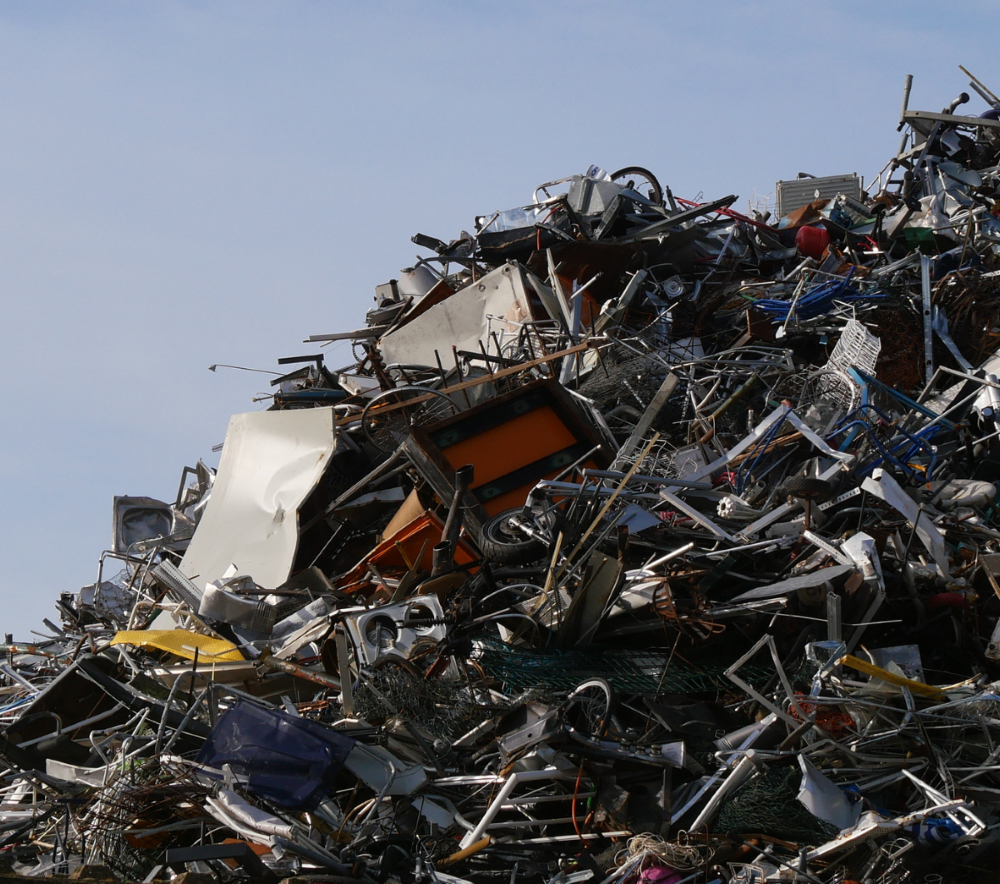

India Government is reportedly initiating a bilateral trade talk with the United States to address the 25 per cent tariff concern on aluminium and steel exports, scheduled on April 23, 2025. The move follows India’s approach to the World Trade Organization, arguing the Trump administration’s tariff move was a safeguard measure rather than genuine national security concerns.

Image source: Adobe Stock
India's complaint at WTO
Seven years after the initial dispute, India once again approached the World Trade Organization, requesting consultations with the United States over tariffs reminiscent of those imposed in 2018. At that time, the US had introduced a 25 per cent tariff on steel and a 10 per cent on aluminium, citing national security concerns as justification for protecting its domestic industry.
This time, India’s complaint centered on the US failure to notify the WTO Committee on Safeguards in accordance with Article 12.1(c) of the Agreement on Safeguards. Additionally, India argued that the re-imposition of these tariffs by former President Trump constitutes a violation of the mutually agreed solution (MAS) that had resolved the earlier 2018 dispute.
To resolve the issue, India requested a timely response and expressed its willingness to hold consultations at a mutually agreed venue and time with both the US and the WTO.
“This is a clear breach of the spirit of the MAS. Such actions discourage peaceful dispute resolution under the WTO and could lead to further escalation.” said a Delhi-based trade analyst.
India’s steel and aluminium exports to the US were around USD 450 million in 2024, raising concerns among officials about the possible effects on domestic producers and exporters.
US rebuttals at WTO
Addressing the label that India imposed on the current Trump's reciprocal tariff as safeguard measures, the US clarified it to be imposed on national security grounds. On April 17, 2025, the US stated that the current tariffs were being imposed under Section 232 of US trade law, authorising the President to restrict imports creating a threat to national security.
The communication stated, "The US notes that the premise for India's request for consultation under Article 12.3 of the Agreement on Safeguards is that the tariffs are safeguard measures. The President imposed the tariffs on steel and aluminium pursuant to Section 232, under which the President determined that tariffs are necessary to adjust imports of steel and aluminium articles that threaten to impair the national security of the US."
Bilateral discussion at focus
Concerning the complaint raised by India, the resolution of the issue is deemed to be a political discussion creating an emphasis on engaging via bilateral trade agreement. India has initiated a bilateral discussion concerning this matter, scheduled to gain momentum on April 23, 2025, in Washington, the first in-person three-day negotiations between the two countries.
India's visit to Washington for the resolution is significant since they are to explore possibilities of an early trance. Early trance indicates both countries decided to conclude the proposed BTA in two phases with a fixed deadline to conclude the first phase by September-October this year.
This creates an added advantage for India to gain a 90-day tariff pause window whilst exploring the opportunities. However, the application of early trance is only feasible when the possible results provide a win-win situation for both the countries involved.
With trade tensions escalating, the results of the bilateral discussions will be key in deciding whether the two nations can uphold the cooperative momentum built through the MAS or shift back to a more confrontational stance. Nonetheless, if bilateral talks fail to resolve, India may escalate the matter by requesting the formation of a dispute settlement panel to adjudicate the case.



Responses






